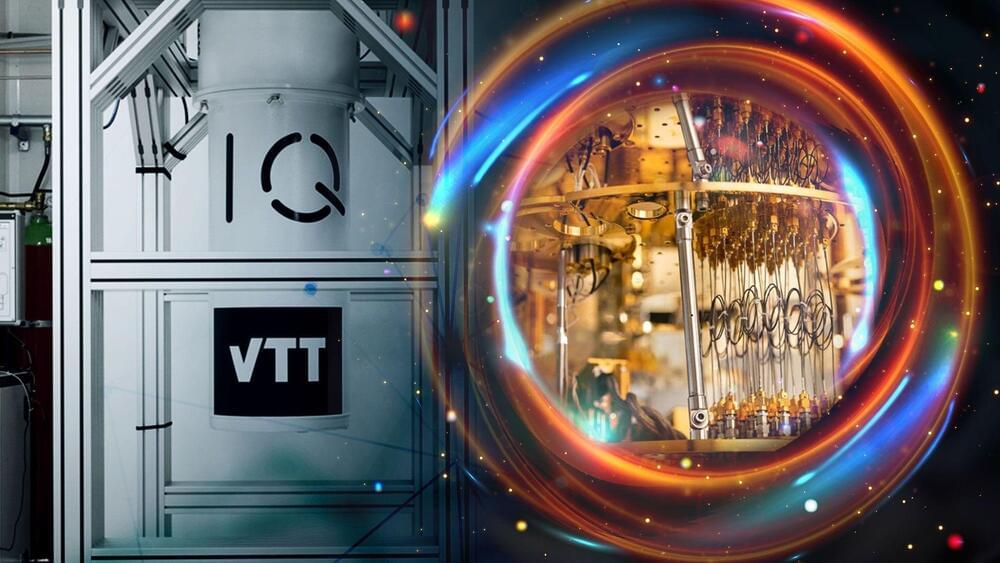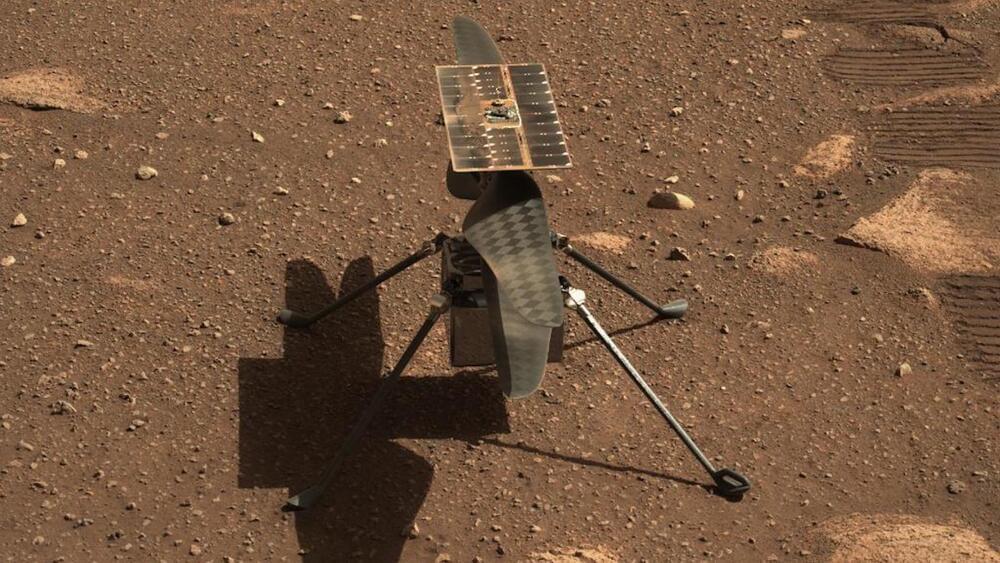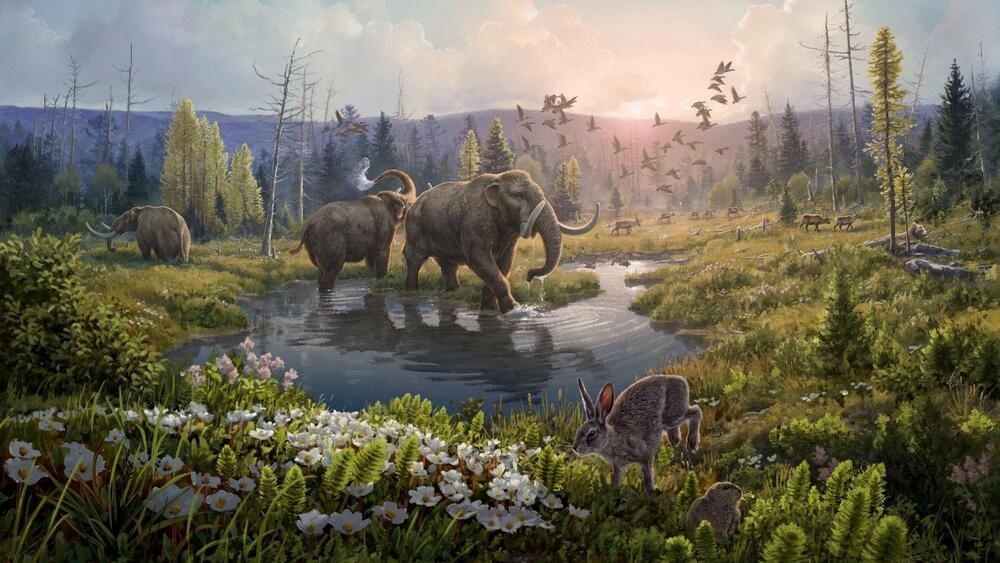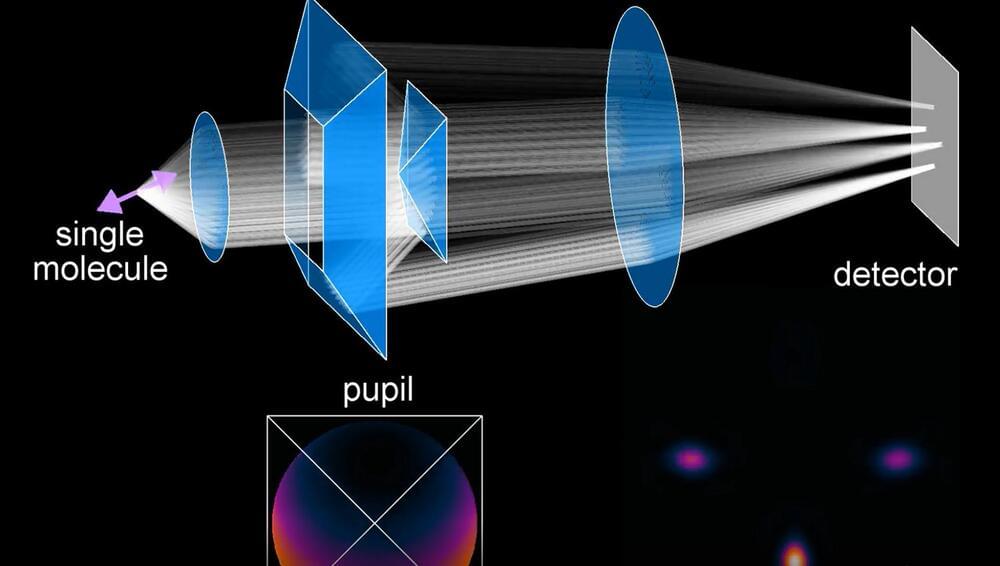It can be specifically useful in the robotics and manufacturing industries.
Researchers from the University of Minnesota, Twin Cities, use ultrasound waves to move objects hands-free, according to an institutional press release.
It has been shown in previous studies that objects can be manipulated with light and sound waves, too. But the objects in question were always far smaller than the wavelengths of either light or sound or on the order of millimeters to nanometers.







